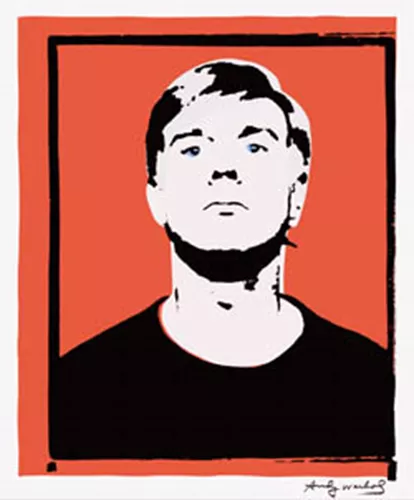
Joe Simon-Whelan, a US film producer living in London, accused the foundation of a "20-year scheme ... to restrain and monopolise trade in the market for Warhol works".
He bought his 2ft x 20in (60 x 50cm) Warhol self-portrait, from London dealer Michael Hue-Williams for $195,000 in 1989, two years after it sold at Christie's New York for $25,000.
Stamped with Warhol's signature, it had been "acquired directly from the artist" and had previously been authenticated by the foundation's Andy Warhol Art Authentication Board as a Warhol silkscreen of 1964.
In 2001 its value had escalated to £2m-3m and Simon-Whelan decided to sell. To aid its commercial prospects he submitted the piece to the board again to ensure inclusion in Warhol's catalogue raisonné.
However, he was then told on submission and resubmission that it was a fake. The presence of two Denied stamps - that Simon-Whelan says have ended any hope of the picture ever being accepted as genuine in future - has led him to call it Double Denied.
It was, he says, in the interests of the Foundation, who have substantial Warhol holdings, to limit the number of available "authentic" works and he questioned a contract he had signed at the time of submission that gave the board a "perpetual veto right over its authenticity" without explaining their decisions.
A 2009 court ruling gave Simon-Whelan's legal team access to the foundation to gain witness depositions and other evidence. However, he was forced to drop the case in October 2010 when he ran out of money.
The Warhol institutions denied any scheme, saying the board rejected only 15 to 18 per cent of applications each year.




